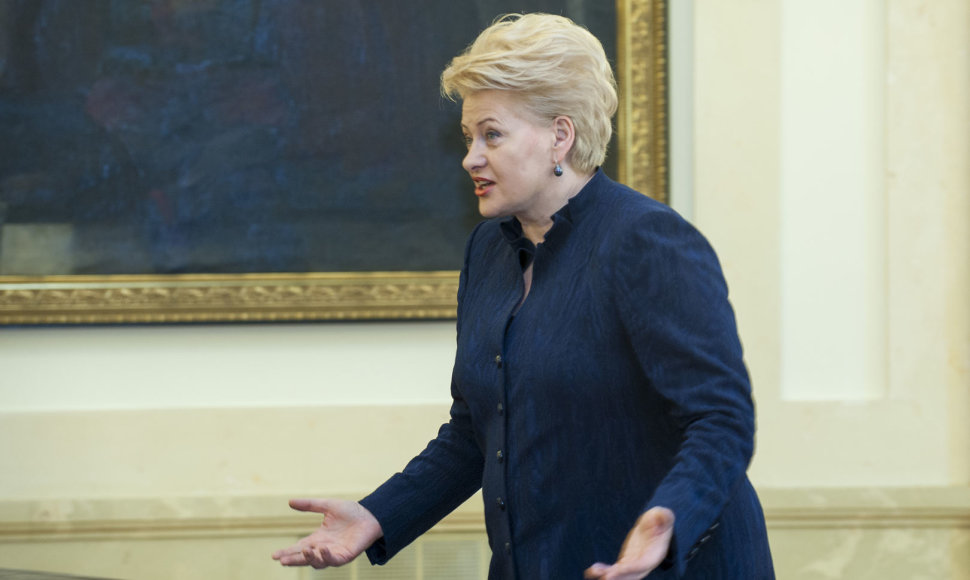"The president pointed out that the decisions restricting exports are most likely of political nature, because Russia has so far failed to provide reasons for halting the export of our products. And we have no complaints from other countries - there are as many as 70 of them - to which Lithuania exports dairy products," Daiva Ulbinaitė, an adviser to Grybauskaitė, said on Wednesday after the president's meeting with officials from the ministries of foreign affairs, agriculture, economy, and transport.
The advisor says that not all means available have been used, adding that holding meetings with Gennady Onishchenko, head of the Russian consumer protection watchdog Rospotrebnadzor, is not sufficient.
"The president underlined that not all the possibilities and tools have been used in order to resolve problems in trade with Russia. In the president's words, the level of the Russian consumer rights protection service is not sufficient," she said.
Lithuania needs not only to speak to Russia at the political-ministerial level, but also to turn to the WTO, Ulbinaitė says.
The agriculture minister says that that with no explanation from Russia, Lithuania cannot submit the necessary documents to the European Commission regarding an appeal to the WTO.
Russia last week imposed a ban on Lithuanian dairy imports, citing product safety concerns as the reason. However, Lithuanian and EU officials have slammed the ban as a politically motivated measure.


















